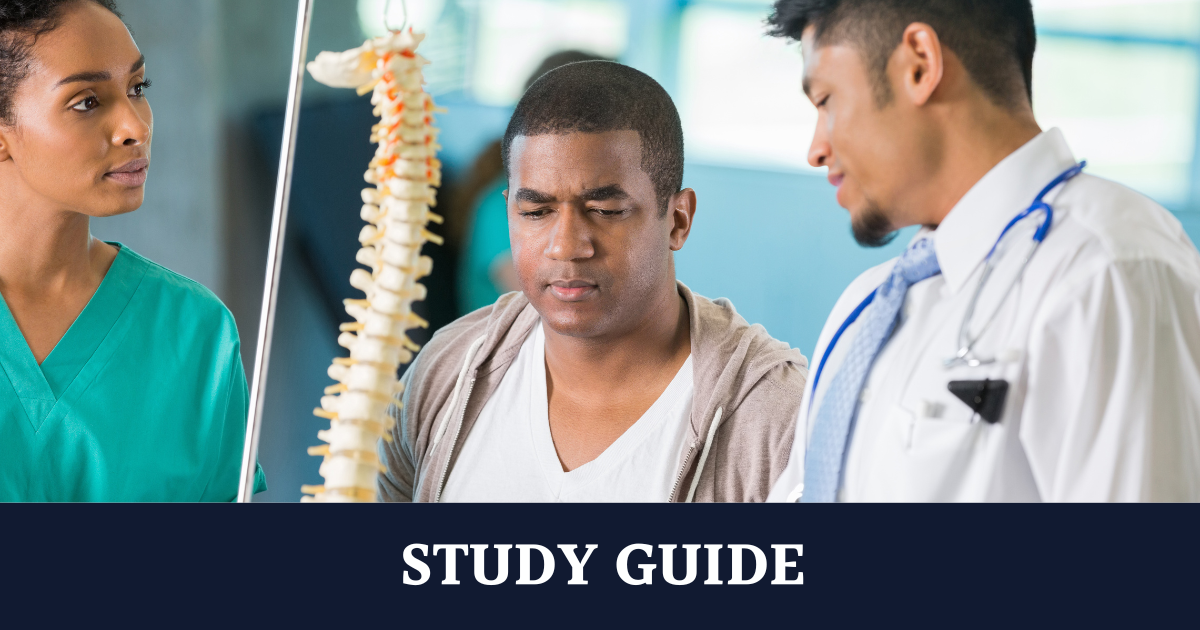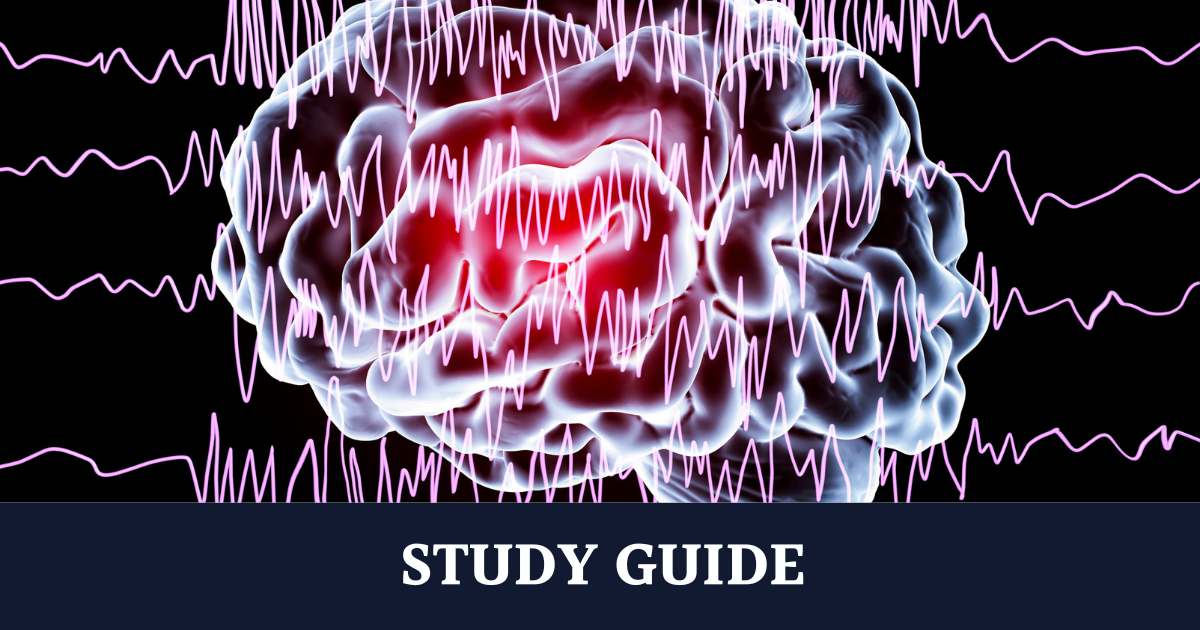Neuropsychiatry is the overlap between psychiatry, neurology, and medicine, and a subspecialty of psychiatry that deals with the psychological or behavioural problems in people, caused due to neurological conditions. What does an neuropsychiatric expert witness do? Neuropsychiatry expert witnesses specialise in the branch of medicine dealing with integrated neurological and […]
As a solicitor, paralegal or case manager, you want to do everything that you can for your clients. In some cases – particularly medical disputes – this will involve bringing in an expert witness. Expert witnesses are an essential part of your approach, but there are several things to keep […]
50,000 people in the UK live with a spinal injury. The leading cause is falls and spinal cord injuries are most common with people aged between 16 and 30 years old. How does the spinal cord work? The spinal cord is the part of the central nervous system that […]
Reading person experiences can also support those close to a person with a brain injury, or those supporting them. Below is a round-up of NRC Medical Experts’ favourite about brain injury and rehabilitation. Touching Distance by Beverley Turner and James Cracknell This book tells of the story of rower James […]
The brain is a developed organ made up of a large number of neurons and supporting cells. The interconnection between the neurons is what makes the brain function. Unlike other cells in the body that can regenerate, there are three types of cells that cannot regenerate. These include hepatocytes in […]
NRC Medical Expert, Dr Julian Harriss, developed the following study guide on behalf of NR Times. It gives an interesting and accessible overview of the vital classification process that shapes treatments and outcomes after brain injury. Classifying brain injury We often use the terms “concussion” and “mild” or “minor” head […]
Seizures may occur after traumatic brain injury; these are known as post-traumatic seizures (PTS). However, not everyone who has post-traumatic seizures will continue to have post-traumatic epilepsy (PTE), because the latter is a chronic condition. However, the terms PTS and PTE are used interchangeably in medical literature. Understanding epilepsy and […]
The only true statement about a life expectancy estimate for the Court is that it is bound to be wrong. There are so many variables to take into account in coming to a life expectancy, particularly in someone with a severe disability, that an accurate prognosis is next to impossible. […]








